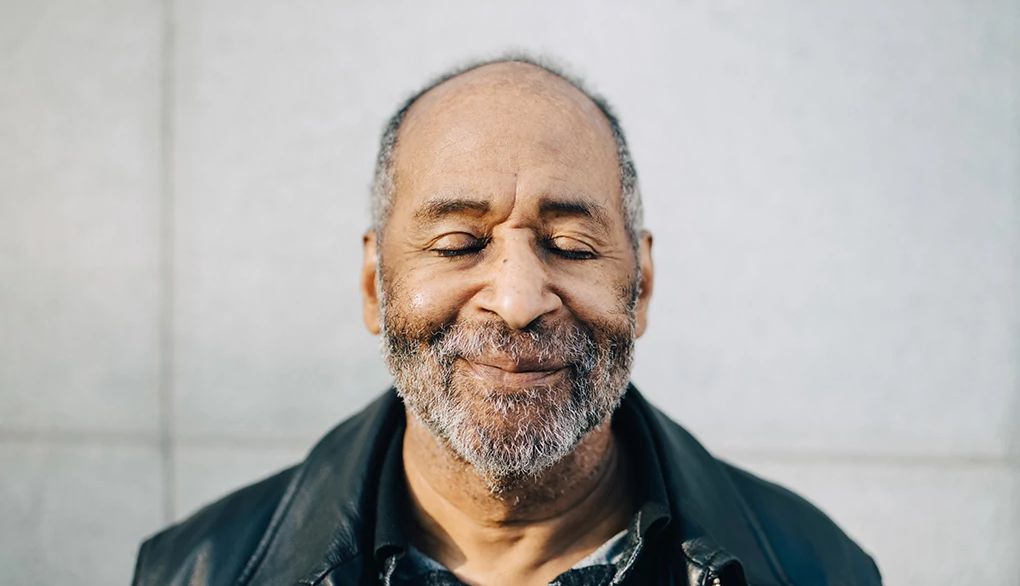Challenges


This copyrighted information is courtesy of Mindful.org
How To
This is a practice for increasing compassion. It helps us to remember what we share as human beings. It’s not a replacement for methods of coming to appreciate our differences, yet those are incredibly important too.
This practice compliments those, by helping us to know how we are the same. You can do the practice by bringing to mind a friend, a colleague, someone who is neutral, or someone who is difficult. You can also do this practice with a live partner while you are sitting across from each other or looking at each other, and repeating the phrases silently. You can use these phrases or others that seem more appropriate to you.
A Practice for Appreciating Others
Begin by being aware that there is a person in front of you, either in your mind or actually sitting across from you. A fellow human being just like you. Silently repeat the following phrases while looking at your partner.
This person has a body and a mind, just like me.
This person has feelings, thoughts, and emotions, just like me.
This person has during his or her life experienced physical and emotional pain and suffering, just like me.
This person has at some point been sad, just like me.
This person has been disappointed in life, just like me.
This person has sometimes been angry, just like me.
This person has been hurt by others, just like me.
This person has felt unworthy or inadequate at times, just like me.
This person worries, just like me.
This person is frightened sometimes, just like me.
This person will die, just like me.
This person has longed for friendship, just like me.
This person is learning about life, just like me.
This person wants to be caring and kind to others, just like me.
This person wants to be content with what life has given, just like me
This person wishes to be free from pain and suffering, just like me.
This person wishes to be happy, just like me.
This person wishes to be safe, strong, and healthy, just like me.
This person wishes to be loved, just like me.
Now, allow some wishes for well-being to arise.
I wish that you have the strength, resources, and social support to navigate the difficulties in your life with ease.
I wish that you’ll be free from pain and suffering.
I wish that you’ll be peaceful and happy.
I wish that you’ll be loved because you are a fellow human being, just like me.
Whether your partner is right there with you, or you have brought your partner into your mind, thank that person for doing this practice with you. Give thanks in whatever way feels appropriate.
Thank you for doing this practice.











More From Staying Sharp
3 Steps to Stop Doom Scrolling
Follow some positive social media accounts instead
5 Strategies for Getting Through Tough Times
Develop coping skills to deal with life challenges